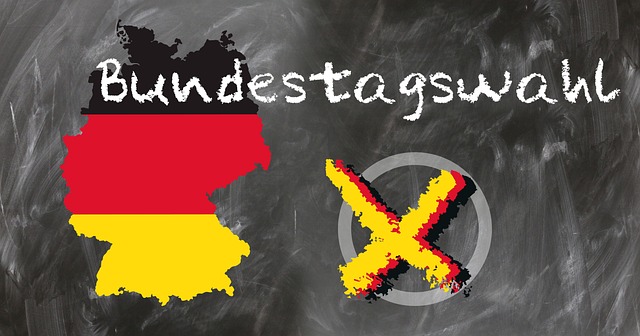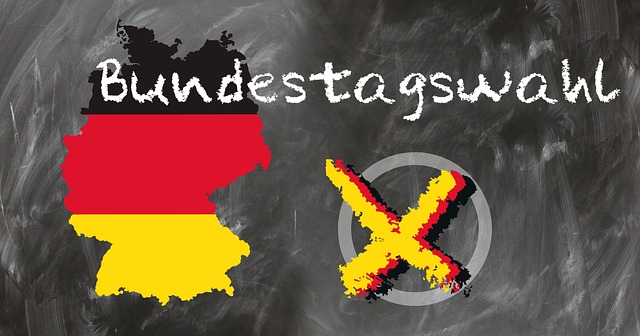Select DOT Compliance is essential for sustainable growth in the transportation sector, driving safety, efficiency, and environmental stewardship. By adhering to DOT regulations, companies avoid financial penalties, enhance public trust, and foster innovation. Using fleet management software, businesses ensure compliance with FMCSA guidelines on emissions, fuel efficiency, and waste management. This holistic approach reduces operational risks, improves driver safety, lowers insurance costs, and strengthens industry reputation.
In today’s competitive landscape, sustainable growth isn’t just about profits—it’s about longevity. For businesses aiming for both, understanding and adhering to Department of Transportation (DOT) compliance is crucial. This article explores how embracing DOT adherence can unlock significant potential, foster robust operations, and ensure a measurable impact on long-term success. We’ll delve into the essential strategies for seamless integration, highlighting the significance of select DOT compliance in navigating regulatory pathways.
- Understanding DOT Compliance: The Cornerstone of Sustainability
- Unlocking Potential: Adherence and Business Flourishing
- Strategies for Seamless Integration: Navigating Regulatory Pathways
- Measuring Success: Impact of DOT Compliance on Longevity
Understanding DOT Compliance: The Cornerstone of Sustainability

Understanding DOT compliance is paramount for fostering sustainable growth in the transportation industry. The Department of Transportation (DOT) sets and enforces regulations that prioritize safety, efficiency, and environmental stewardship. By adhering to these standards, companies not only avoid costly dot violations and penalties but also contribute to a safer, more responsible transportation network.
Select DOT compliance goes beyond mere adherence to rules; it involves embracing transportation safety technology, integrating emergency preparedness protocols, and constantly refining operations to minimize environmental impact. This commitment ensures that the industry evolves in a sustainable manner, addressing current challenges while paving the way for future innovations, ultimately enhancing overall efficiency and public confidence.
Unlocking Potential: Adherence and Business Flourishing

Unlocking Potential: Adherence and Business Flourishing
In today’s competitive landscape, sustainable growth is not just about expanding operations; it’s about thriving within existing parameters while minimizing environmental and societal impacts. For businesses in regulated industries like transportation, Select DOT Compliance is more than a regulatory requirement—it’s a catalyst for unlocking immense potential. By adhering to Department of Transportation (DOT) guidelines, carriers can streamline their operations, enhance efficiency, and reduce costs associated with non-compliance. This, in turn, allows them to allocate resources effectively towards innovation, service improvement, and ultimately, business expansion.
Fleet management software solutions play a pivotal role in achieving this balance. They enable real-time tracking, efficient maintenance scheduling, and accurate record-keeping, all of which are crucial for passing DOT compliance audits. Regulatory compliance for carriers is not merely about avoiding penalties; it’s about fostering trust with stakeholders, ensuring safety, and contributing to a sustainable future. By embracing technology and adhering to standards, businesses can navigate the intricate web of regulations with ease, position themselves as responsible leaders in their industry, and set the stage for thriving, long-term growth.
Strategies for Seamless Integration: Navigating Regulatory Pathways

In the freight transport industry, seamless integration of sustainable growth strategies demands meticulous navigation through regulatory pathways. Businesses must adopt best practices tailored for the unique challenges posed by the truck driver health and wellness landscape. By aligning with federal motor carrier safety administration (FMCSA) guidelines, companies can ensure their operations remain compliant while mitigating environmental impact. This involves adhering to strict regulations on vehicle emissions, fuel efficiency, and waste management, alongside fostering a culture of responsible driving practices among employees.
Strategic planning includes implementing advanced technologies that promote eco-friendly freight transport industry best practices. These innovations range from aerodynamic designs that reduce drag to sophisticated tracking systems that optimize routes, thereby minimizing fuel consumption and carbon emissions. Select DOT compliance isn’t just about meeting regulatory standards; it’s a cornerstone for fostering a sustainable future, ensuring the longevity of both businesses and the environment they operate within.
Measuring Success: Impact of DOT Compliance on Longevity

Measuring success in sustainable growth often involves looking beyond immediate financial gains. When it comes to the freight transport industry, adhering to Department of Transportation (DOT) compliance standards isn’t just a regulatory requirement; it’s a cornerstone for long-term longevity and efficiency. By prioritizing DOT adherence, companies can significantly reduce operational risks and ensure the safety of their drivers, cargo, and general public. This, in turn, translates to lower insurance costs, fewer accidents, and improved reputation.
Beyond these direct benefits, select DOT compliance fosters best practices within the freight transport industry, including effective fatigue management regulations that prevent driver errors and promote healthy work-life balances. Moreover, robust adherence to cargo security and safety protocols ensures the integrity of goods during transit, enhancing customer trust and satisfaction. These interconnected factors collectively contribute to a resilient business model that not only meets current regulatory standards but also sets a precedent for future sustainability in an ever-evolving industry landscape.
In navigating the regulatory landscape, select DOT compliance stands as a cornerstone for sustainable business growth. By adhering to Department of Transportation (DOT) guidelines, companies unlock not only legal safety but also operational efficiency and long-term financial stability. Through strategic integration and meticulous measurement, organizations can thrive while ensuring their practices remain in harmony with industry standards and environmental stewardship. This holistic approach to DOT adherence is a testament to the synergy between regulatory compliance and prosperous business outcomes.
